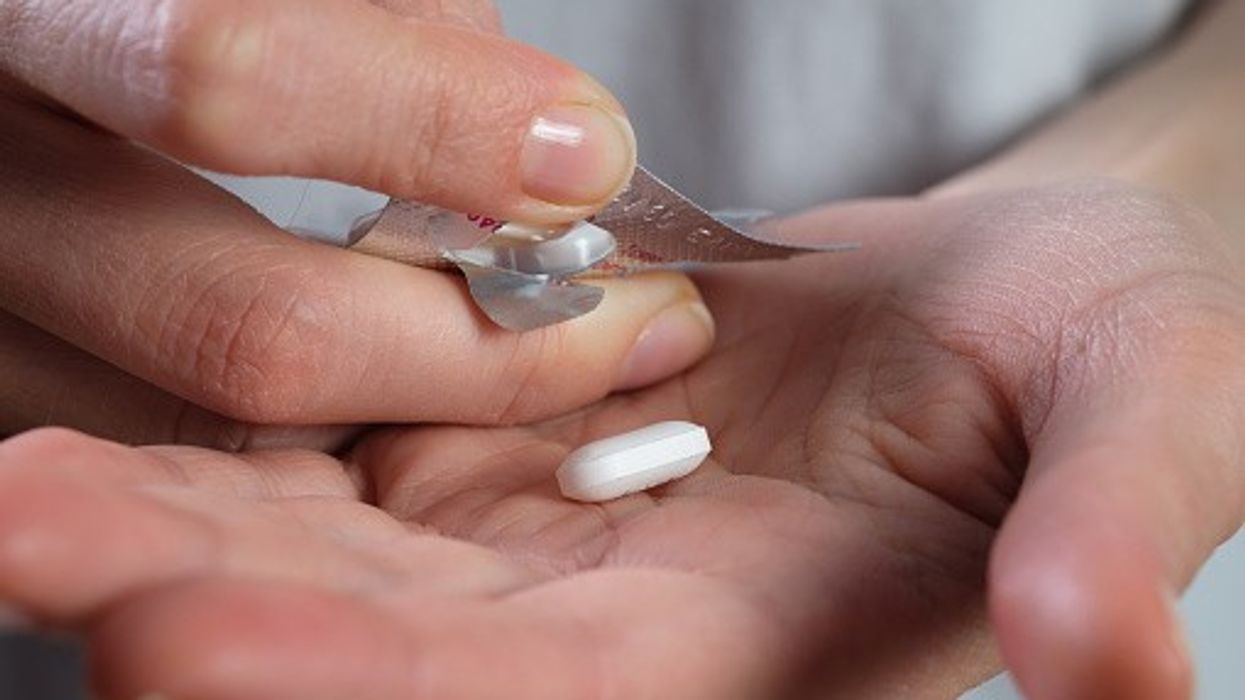Pharmacy First data indicates that pharmacists are responsible providers of antibiotics and they are closely following AMR guidelines
The Company Chemists’ Association (CCA) has urged NHS England to expand the Pharmacy First service by increasing treatment options, adding more conditions, and integrating Independent Prescribing into the service.
This would further promote pharmacists as antimicrobial stewards while enhancing patient access to urgent care, it said.
Managing patient demand for antibiotics remains a challenge for healthcare professionals, including pharmacists.
However, a new report by CCA confirms that pharmacists are acting as responsible providers of antibiotics, in line with Antimicrobial Resistance (AMR) guidelines.
The service allows pharmacies to provide advice and treatment, including prescription-only medication, for seven common conditions: earache, uncomplicated urinary tract infections (UTIs) in women, sore throat, sinusitis, infected insect bites, impetigo, and shingles.
Patients can access the service via GP referrals or by visiting or contacting a pharmacy directly.
The CCA’s analysis of over 150,000 anonymised consultation records from more than 3,000 pharmacies (August-September 2024) revealed that 66 per cent of patients treated for one of the six bacterial conditions received antibiotics (shingles, a viral infection, was excluded).
Around 94 per cent of patients received a complete episode of care without requiring onward referral.
The analysis found that pharmacists were adhering strictly to treatment guidelines, with 88 per cent of antibiotics supplied being first-line treatments, excluding bladder infections where only one treatment option is available through the service.
Additionally, the report showed that when multiple treatment options exist, less than half of patients receive oral antibiotics.
The report noted that adding more treatment options to the service would provide more options to pharmacists and support appropriate antibiotic supply.
To further enhance antibiotic stewardship and expand patient care, the CCA recommends adding more conditions to the Pharmacy First service, such as lower back pain, respiratory tract infections, conjunctivitis, and skin conditions like acne, eczema, and psoriasis.
The CCA also advocates for integrating pharmacist prescribing into the Pharmacy First service, which would “increase the reach and impact, and also further support pharmacists in providing treatment in line with AMS best practice.”
Additionally, it calls for commissioning pharmacies to capture information on patients who do not meet “gateway” criteria.
“This information would enable better understanding of the rate of antibiotics provision through Pharmacy First, as well the workload associated with the service,” the CCA stated.
The service has dramatically increased access to urgent care, particularly in deprived communities, where access to healthcare (including GP appointments) is typically lower.
Between January and September 2024, the Pharmacy First service facilitated over 1.4 million patient appointments that were redirected from general practice via clinical pathway consultations, according to the report.













